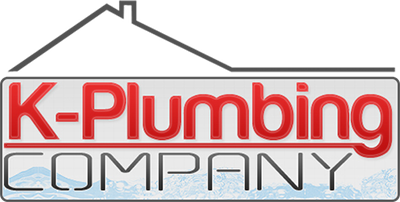Plumbing access panels are important parts of any property’s plumbing access systems for a variety of different reasons. However, many people who are not directly involved in plumbing, or who are new to the world of providing plumbing services, may not necessarily understand what plumbing access panels are or what they are for.
Indeed, for property owners in particular, access panels can be something that is an unsightly addition to a property that they would really rather not see. As such, understanding the importance of these little panels is essential if these people are to appreciate why they are needed in their home.
So, what are plumbing accesses panels anyway and why are they so important for a modern property?
Plumbing Access Panels
Plumbing access panels are used by plumbers and are generally installed at the time of installing a property’s plumbing (although potentially at a later date in the case of old properties with old plumbing systems). They serve an important purpose in that they allow the plumber to have access to the pipes, without having to tear away any of a property’s wall. For a homeowner or property owner, this is clearly an invaluable addition—even if it is not necessarily the most attractive of wall decorations.
Plumbing access panels typically consist of a door, made from a panel or otherwise plywood, that is easy to remove. This door is designed so as to allow for quick and rapid access to the property’s plumbing systems, in the event that a problem should arise. Once opened, the plumber can then get access to a number of different features within the pipe work, including the shut off valve and the drain, as well as numerous other types of plumbing features that may need to be accessed when repair work is being carried out.
Some people make the mistake of using their property’s plumbing access panels as makeshift “stashes”. However, plumbing access panels should never be used for this reason due to the risk associated with doing so; if your plumber needs to get access to your plumbing immediately then having items stashed in the way will stop them from being able to get to work straight away. So, if you need to hide things away somewhere that other people won’t hide them, don’t use your plumbing access panels as makeshift stashes; find a different stash instead!
Are Plumbing Access Panels Required?
The short answer to this question has to be, YES. Plumbing access panels are installed solely for the purpose of allowing a plumber to manage a property’s plumbing systems. That is not to say that every single piece of pipe work will need to have its own access panel, though.
Indeed, while it is important for a property to have an ample number of access panels, the current recommendation is for these panels to be provided anywhere where the piping changes direction, gradient, or size. Panels can also be provided elsewhere, too, if it is thought that further maintenance work may need to be carried out on a specific area of pipe in the future.
Plumbing access panels might not be the prettiest of things, but it is imperative that every homeowner has some installed in their property. Access panels make the process of managing and fixing plumbing systems easier than they would have otherwise been. They could even stop the plumber from needing to knock a hole into the wall in order to gain access to the pipe work, in the event of a plumbing emergency; this is clearly invaluable in the longer term.
In Summary
Plumbing access panels are useful for allowing quick access to a property’s plumbing systems. They are generally used at strategic locations so that a person’s property is not littered with panels. Most commonly, you will find access panels installed at bends in the piping; at areas where the property’s pipe gradient changes; or in regions where there are changes in pipe size—the areas where problems are most likely to develop.


